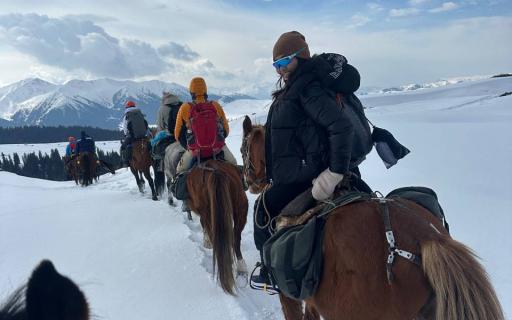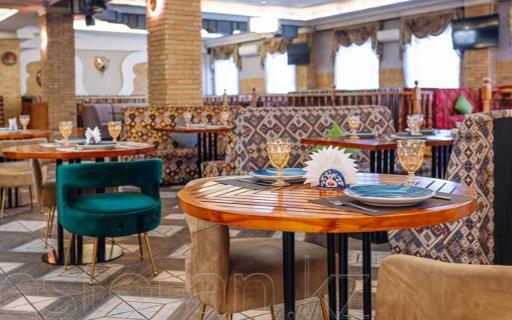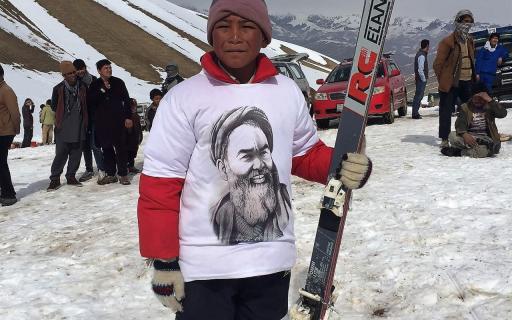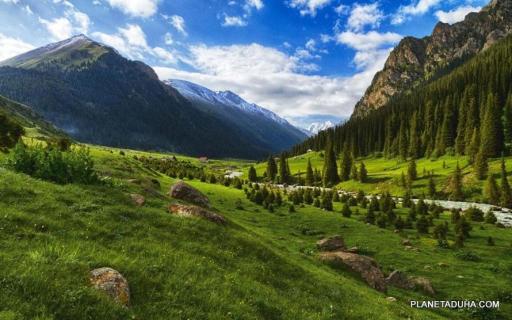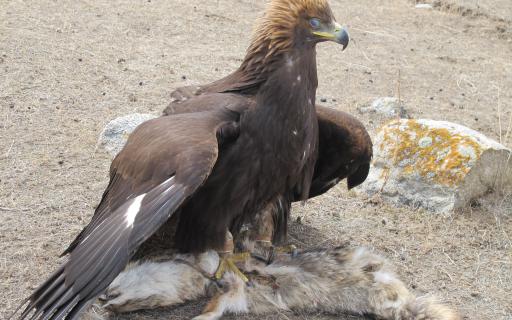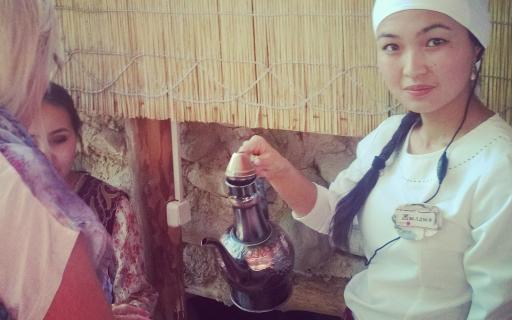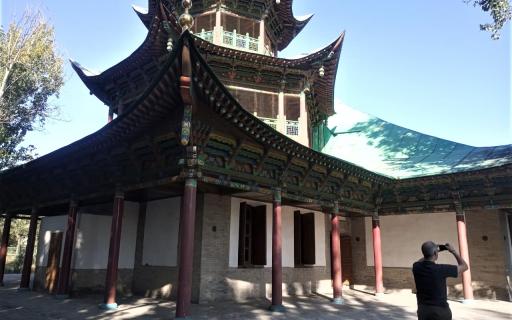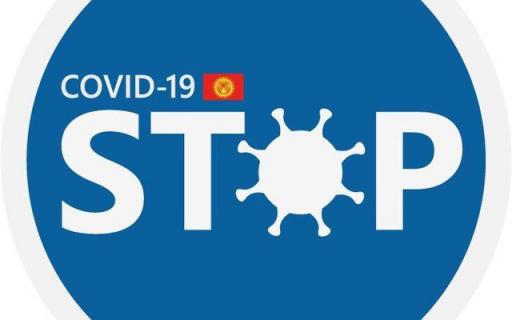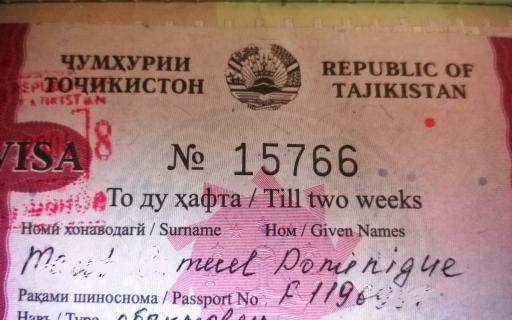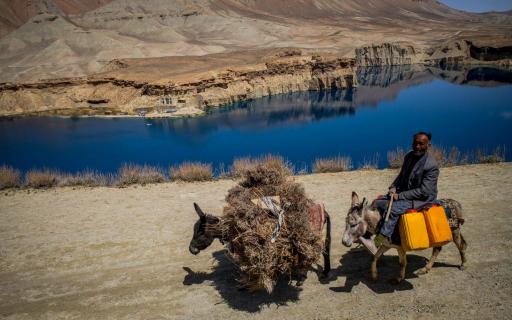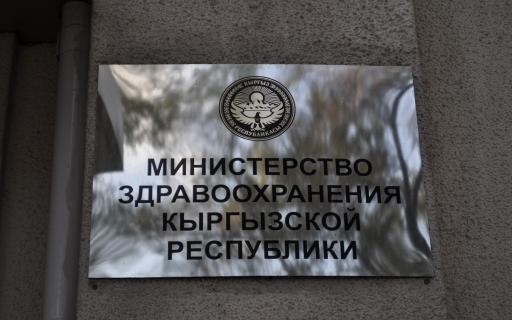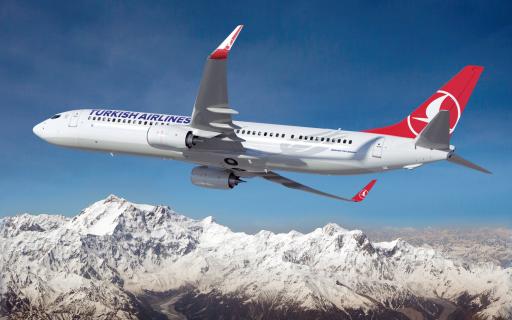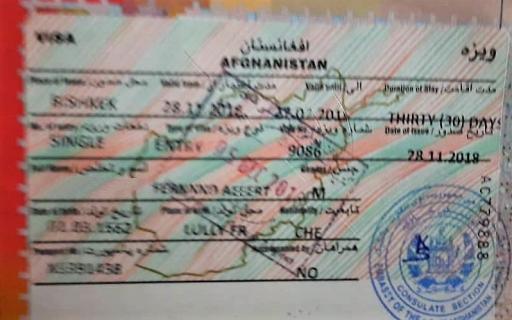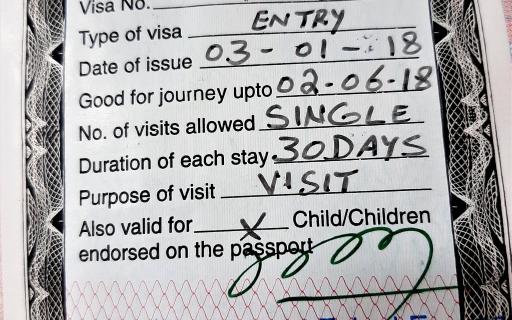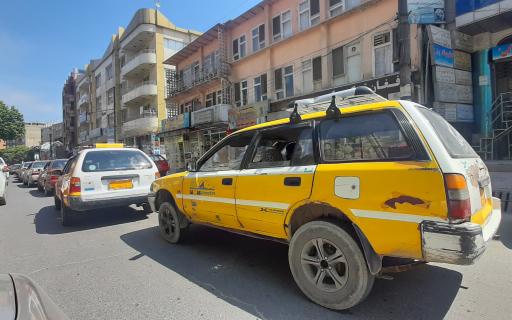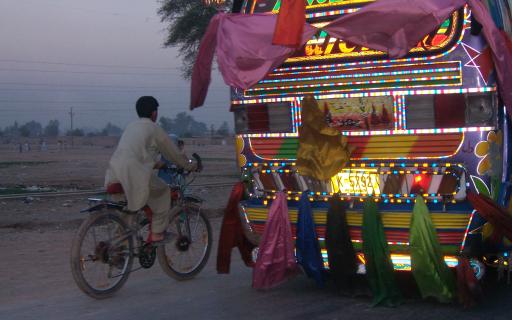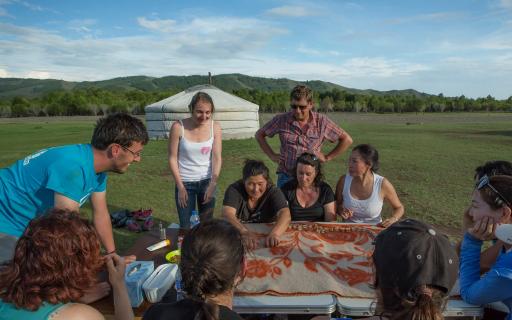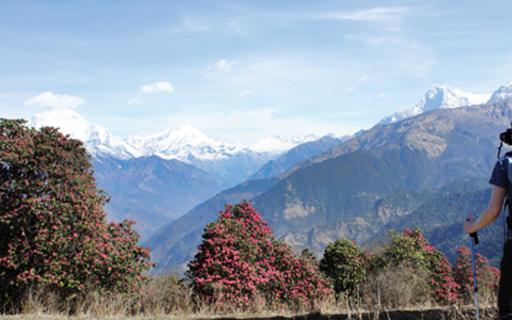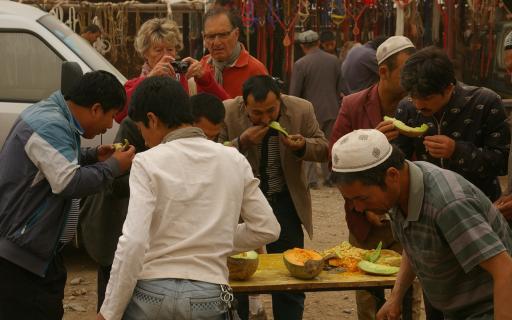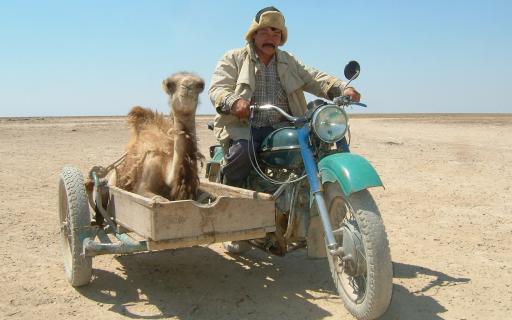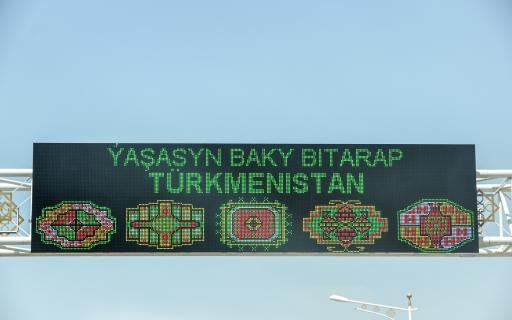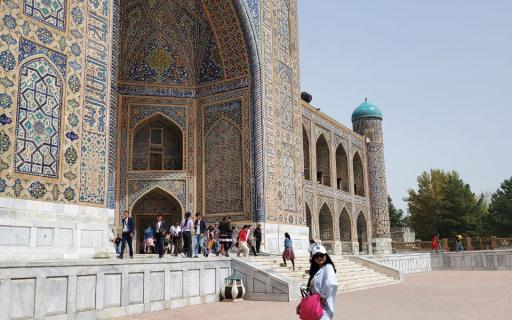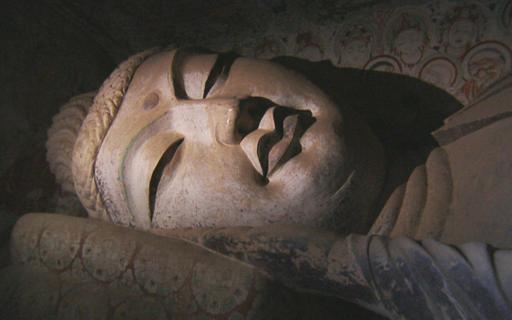Info
Skiing and snowboarding in Afghanistan
Skiing and snowboarding opportunities are limited and not well developed. However, there are a few spots in the country, particularly in the central highlands and in the north-eastern regions where the Hindu Kush and Pamir mountain ranges intersect.
One of the best known ski destinations in Afghanistan is Bamiyan, located in Bamiyan province. It is here that the Afghan Ski Federation has developed.
The Afghan Ski Challenge is a backcountry ski race, which takes place every spring in Koh-e-Baba Mountain Range, Bamyan Province, Central Afghanistan. The event is organized by the Bamyan Ski Club and open to all.
Snowboarders are united in the Afghan Snowboard Federation and their spots are near Kabul, Salang Pass and the Panjshir Valley.
It is worth noting that in 2023, a winter sports festival was held in Bamyan, including skiing, snowboarding, curling and ice skating.
If you want to support young skiers and snowboarders, you may donate to Swiss association Boule de Neige or to the Bamyan Ski Club
Eco address book in Kyrgyzstan
On this page you can find all the environmental projects in Kyrgyzstan and get useful information about environmental incidents, recycling and more.
| ecostan.kg | Public Foundation for Environmental Monitoring and Investigation |
| ecomap.kg | Electronic map of environmental incidents |
| movegreen.kg | Environmental organization in Kyrgyzstan that conducts public activities on issues related to atmospheric air pollution and its effects on human health and the environment |
| Tazar app | Tazar application with coordinates of secondary raw material sales |
Supara restaurant & ethno complex
The Ethno Complex Supara is a unique and unforgettable dining experience in Bishkek, offering a taste of traditional Kyrgyz cuisine in a truly authentic and immersive setting. This stunning restaurant is housed within the world's largest yurt, a beautifully crafted and spacious structure that spans 350 square meters. Here, diners can enjoy a truly unique dining experience surrounded by the beauty of traditional Kyrgyz culture and design.
In addition to its main yurt, the Ethno Complex Supara also features different size yurts which is perfect for special celebrations such as weddings, "kyz uzatuu" (the bride-viewing ceremony), and "tushoo-toi" (the celebration of a child's first steps). Whether you're looking to celebrate a special occasion or simply want to experience authentic Kyrgyz cuisine, the Ethno Complex Supara is the perfect destination.
Beyond the yurts, the Ethno Complex Supara also features a variety of other traditional structures, including stone, clay, and straw houses, as well as summer guest seats known as "topchans." These structures serve to create an atmosphere of true cultural immersion, allowing visitors to experience the traditional way of life of Kyrgyz people while they dine.
The name of the Ethno Complex Supara was a source of much contemplation and discussion, with dozens of different names being considered over the course of almost a year. However, the name "Supara" was ultimately chosen at the last moment, just a week before the complex's registration. Supara is an ancient leather tablecloth and, as the name suggests, perfectly embodies the traditional and authentic spirit of the restaurant.
Whether you're a food lover, culture enthusiast, or simply looking for a unique and unforgettable dining experience, the Ethno Complex Supara is a must-visit destination. Come and enjoy the rich flavors and cultural traditions of Kyrgyz cuisine in a truly breathtaking setting.
Be sure to try the following three recommendations:
Beshbarmak: This is a classic Kyrgyz dish that consists of boiled meat (usually beef or horse meat) served with pasta or potatoes. It's a hearty and comforting dish that's perfect for a cold winter day.
Jamby: A type of dumpling filled with lamb and spices, Jamby is a delicious and satisfying dish that is popular in Kyrgyz cuisine.
Kurdak: This is a type of meat and potato stew that is slow-cooked in a clay pot until the ingredients are perfectly tender and flavorful. It's a warm and comforting dish that is perfect for a cold day.
These dishes are just a few examples of the delicious and authentic Kyrgyz cuisine that you can experience at the Ethno Complex Supara. Whether you're a first-time visitor or a seasoned traveler, this restaurant is sure to offer a truly unforgettable dining experience.
Address:
Kyrgyzstan,
Alamedin region,
Kok-Jar village,
1a Karagul Akmata Str.
+996 (555) 465051
Kazakhstan to lift restrictions on land borders with the Russian Federation, Uzbekistan and Kyrgyzstan
Taking into account the stabilization of the epidemiological situation, the Interdepartmental Commission to prevent the spread of coronavirus infection in the territory of the Republic of Kazakhstan, from April 11 of this year, decided to lift restrictions on the crossing of the state border of the Republic of Kazakhstan by citizens of the Republic of Kazakhstan, stateless persons and foreigners at land checkpoints with the Russian Federation, the Republics of Uzbekistan and Kyrgyzstan.
All restrictions on crossing the State Border of the Republic of Kazakhstan by air are also removed. At the same time, the requirement remains for the mandatory presentation of a certificate with a negative result of the study on COVID-19 using the PCR method or a document/passport confirming the completion of a full course of vaccination, revaccination against COVID-19 for Kazakhstanis and foreigners who have a residence permit in the territory of the Republic of Kazakhstan, and foreign citizens with mutual recognition of vaccination passports.
inform.kz https://www.inform.kz/ru/kazahstan-snimet-ogranicheniya-na-suhoputnyh-granicah-s-rf-uzbekistanom-i-kyrgyzstanom_a3919971
Travelling to Afghanistan
The country has seen political and social changes, which requires us to operate in a way to respect the norms and values while making the tour a worthwhile experience for our guests where they feel most welcome.
Afghanistan is open to tourism again and we can offer you tailor-made trips with the best security precautions.
You will find here the latest recommendations for traveling safely and respecting local rules !
For the more information, please don't hesitate to contact our team.
Visa for Afghanistan
Since the 2021 political changes, some embassies or consulates are no longer able to provide visas. To date, we know that it is possible to obtain a tourist visa at the Afghan Embassy in Roma, Berlin, London, Bishkek, Islamabad and Dubai. Call the consulates for any updates.
Tourist visas are granted to all foreign nationals who intend to visit Afghanistan for tourism or for visiting their friends and family. Tourist visas are valid for 3 months with a single entry. The period of stay in Afghanistan 30 days within the validity period. All visas for Afghanistan are issued on a valid passport. We do not issue visas for travel document holders.
How to Apply
Please call the nearest consulate to be informed about the lastest update
Embassy in London : In Person
- Prepare the required documents
- Book an appointment online
- Applicant must be present at the time of submission
What documents you need to apply
- Duly completed and signed Visa Application Form (Afghan Embassy in London)
- One standard passport size photo
- Valid Passport
- Proof of Address
- Itinerary from a registered travel agency in Afghanistan including details of flights, accommodation addresses and places you will be visiting.
- Invitation letter
- Personal statement explaining the purpose of the visit and confirming the risks involved in travelling to Afghanistan.
Fees
The price of visas can be different from one consulate to another. You can contact the consulate to inquire.
£200 Single entry visa with 3 months validity 30-day Stay; No cash payments- CARD ONLY
Processing Time
- 7 working days
Important Information
- Tourist visas are not extendable and non-convertible
- All fees paid for the visa application are non-refundable irrespective of the outcome of the application. The validity of the visa begins from the issue date of the visa
Contact
- Afghan Embassy in London Email – visa@afghanistanembassy.org.uk Tel: 02075844443
Pagination
Join us on Facebook!
And keep updated with our tour promotions, or follow us on


